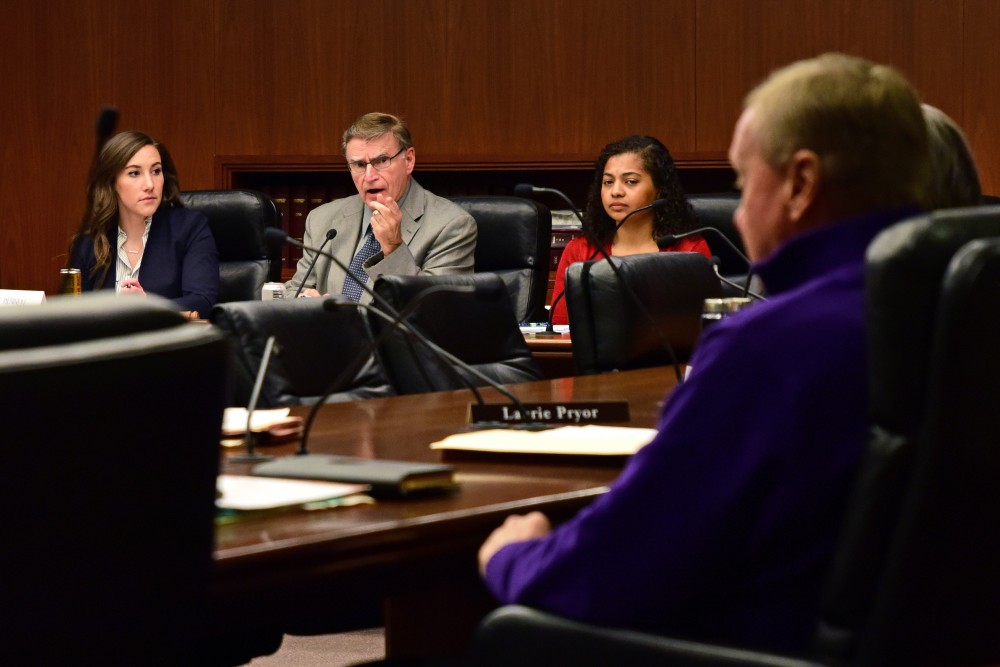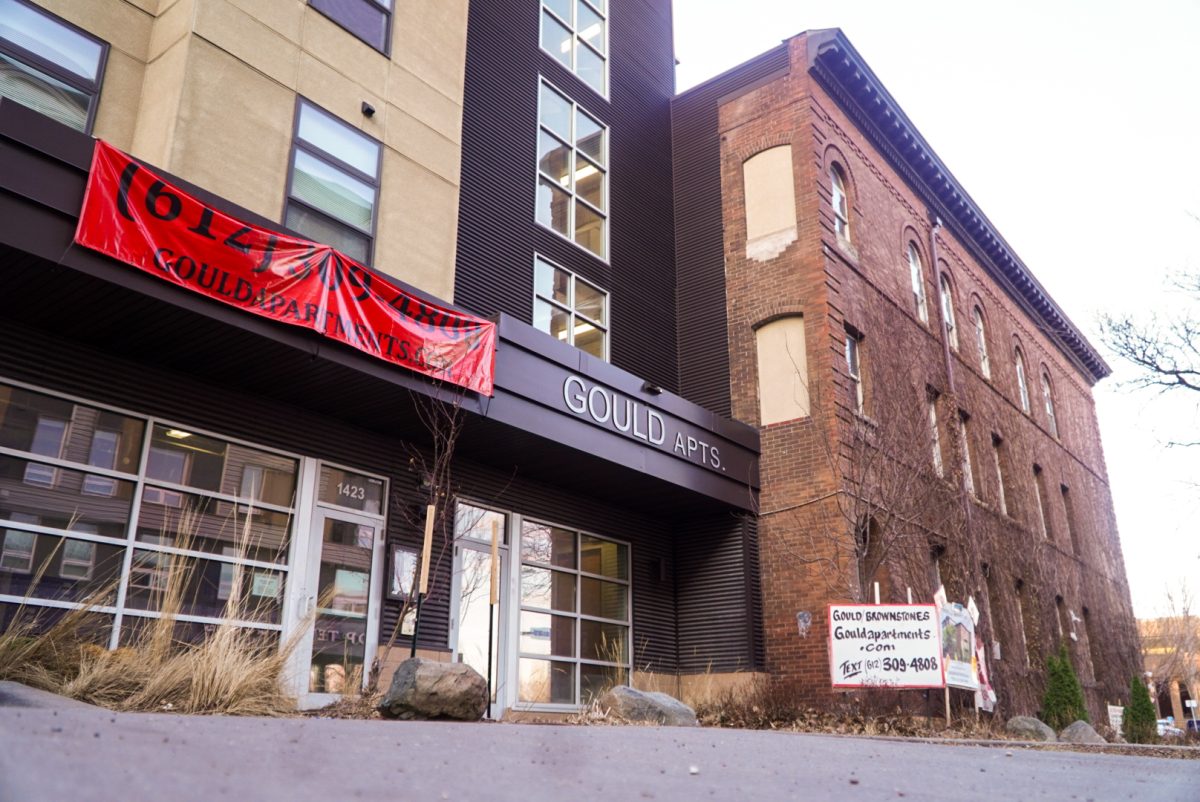State lawmakers are reconsidering how members of the University of Minnesota’s Board of Regents are elected.
The House and Senate higher education committees heard presentations last week on the Regent Candidate Advisory Council’s role in the election process amid multiple bills introduced to the Legislature that would look to modify the RCAC’s role.
The RCAC recommends candidates for each of the four vacancies on the Board of Regents to the Legislature every two years. A joint convention made up of lawmakers from the House and Senate higher education committees also screen the candidates and later vote on the finalists.
Bills introduced to both the House and Senate would modify the process. A bill introduced by Sen. Michelle Fischbach, R-Paynesville, chair of the Senate higher education committee, would amend current law to allow the RCAC to only make recommendations for the Board of Regents’ at-large seats. State lawmakers would preside over the selection process for the Board of Regents’ congressional district seats.
The bill will be heard in front of the Senate higher education committee on Thursday. Another bill, introduced in the House and Senate last session, would repeal the RCAC.
Rep. Gene Pelowski, DFL-Winona, co-authored the house bill. He said the RCAC recommendation process is political and does not always look for candidates to best serve the public’s interest.
“I always looked at the regents as the premier public body that should … hold the University accountable for its actions,” Pelowski said. “And I don’t think that’s a type of regent that the Regent advisory council wants to put in place.”
But Lois Josefson, vice chair of the RCAC, said at the Senate presentation that the process is inevitably political.
“It’s a position of esteem, authority and direction for the state. That becomes political no matter what you do about it,” she said.
While the Legislature has final say in the election process, the RCAC serves as a screening for candidates.
University Regent Darrin Rosha said the current process requires candidates to run two different campaigns: one for the RCAC and one for the Legislature.
The joint convention does not have to vote on candidates that the RCAC has recommended. Rosha was recommended by the RCAC in 1989, but when he applied again in 2015, he was not selected to be interviewed.
“To say that under no circumstances I [could] be qualified to serve as a regent, but being a former regent, that just defies all logic,” Rosha said.
Sen. Greg Clausen, DFL-Apple Valley, voiced concern at the Senate presentation over candidates who aren’t finalists being nominated on the convention floor.
Last year, University Regent Ken Powell was nominated and elected by lawmakers on the House floor the night of the election. Powell was originally forwarded by the RCAC, but was not selected as a finalist by legislators.
“The process gets hijacked,” Clausen said. “It gets hijacked because all of a sudden people … are being nominated and no one knows who they are, but a small group of people have inserted their nomination into the process.”
Rep. Bud Nornes, R-Fergus Falls, chair of the House higher education committee, said while he doesn’t support repealing the RCAC, he believes the process could be improved.
He said moving the regent election to a nonbudget year would help ease the strain of the process.
“I’m not ready to throw out the system,” Nornes said. “Nothing has really jumped out to me as a better system.”








